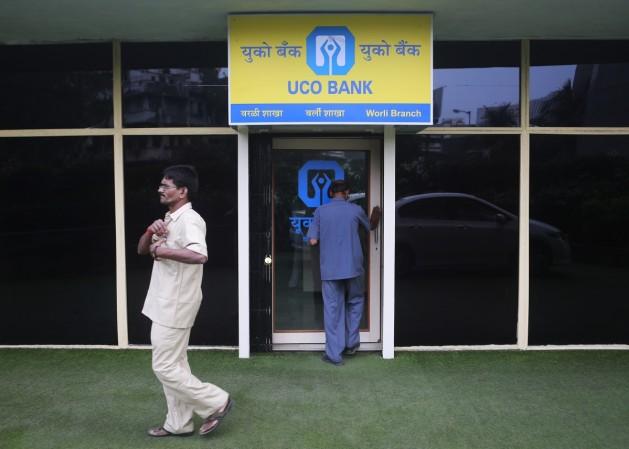![Finance Minister Arun Jaitley. [Representational Image] arun jaitley, jaitley to meet bankers on 12 june, psu banks npas, bad loans, npa ordinance, gst implementation, it minister to meet head honchos](https://data1.ibtimes.co.in/en/full/650237/arun-jaitley-jaitley-meet-bankers-12-june-psu-banks-npas-bad-loans-npa-ordinance-gst.jpg?h=450&l=50&t=40)
The education loan portfolio of state-run banks is facing another crisis with non-performing assets (NPA) increasing by almost 47 percent between March 2015 and March 2016 due to a volatile job market in India, showed a data shared in the Parliament. Besides this, wilful default by even those in well-paying jobs are creating headache for banks.
The finance minister told the Lok Sabha on Friday that bad loans have surged to Rs 5,192 crore on March 31, 2017 from Rs 3,536 crore at the end of March 2015, the Times of India reported.
For at least five lenders, the stock of bad loans has more than doubled with UCO Bank and Indian Bank leading the pack. The increase in loan flow has also been less than 10 percent during this two-year period.
Further, there was only 3.4 percent rise during the 2016-17 period as against 5.6 percent growth the previous year which could suggest either demand for education loans are plunging or banks are getting more cautious to lend the money.
"Two reasons for the defaults could be that the students are not getting placed. And with engineers, this is highly possible. Second, they are not getting placed in jobs that they thought they would get placed in," said Rituparna Chakraborty, president, Indian Staffing Federation.
However, according to the banks, the defaults were rising as many students were unable to find jobs or have to settle down with below average jobs, which held mostly true for the ones who completed their post graduation in MBA (Masters of Business Administration) and engineering students.
But the banks also brought into notice that, there are students who despite getting a good job and salary in leading firms are refusing to repay the borrowed amount from the bank.

"For instance, an engineer with a global technology giant stopped paying the loan and was tracked down through social media. When confronted, he cleared the dues," said a bank executive to the Times of India.
"The problem is the absence of security and guarantees, which makes it easy to default," he added.
"Banks also often find it difficult to track students who borrow money. Operationally, after the course, the student gets a job in a different city. So it becomes difficult for the bankers to track the students," said Prashant Bhonsle, Chief Executive Officer (CEO) at Education and Housing, Incred Finance.
He also felt that for the banks to give loans to the students, it is vital to keep a record about the university, college and course the person is applying for. It is also important to assess if the university and the course is good or not.

















